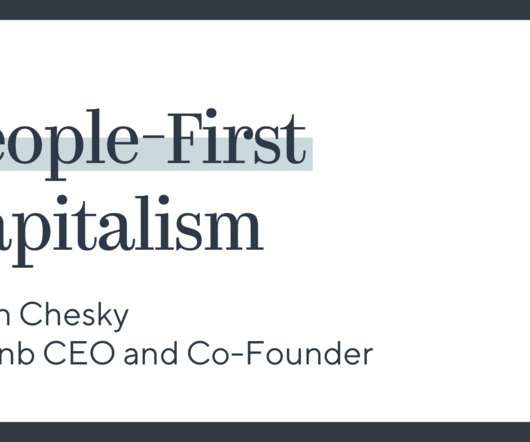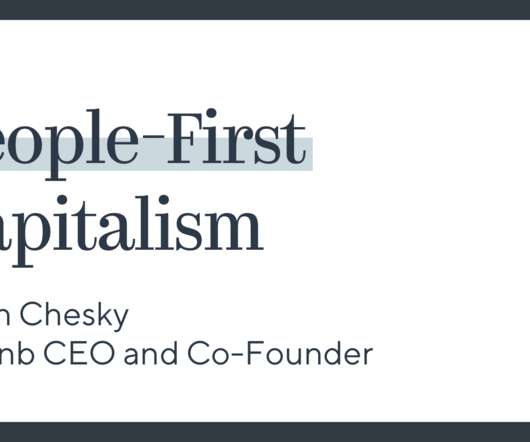Why Startups Should Raise Money at the Top End of Normal
Both Sides of the Table
JUNE 5, 2011
Another firm we saw tried to raise $15 million at a $60 million pre-money with similar metrics. They did an inside round, spent a bunch of money and then went through a fire sale of the business less than 2 years later. And the CEO they would hire to come in and run the business when you go would always be a mercenary.














Let's personalize your content